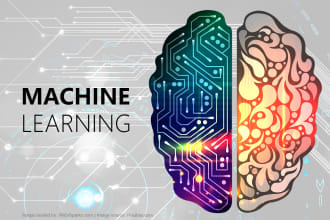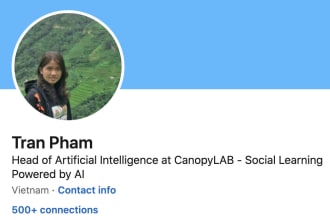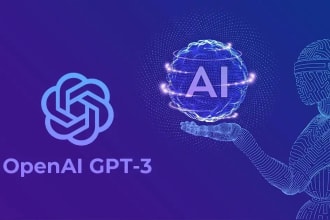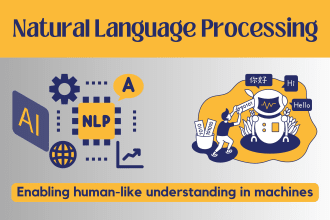Browse categories
Natural Language Processing
Understand, interpret, and generate human language in text or speech form using NLP.
|63 Results
Sort by:

Level 2
I will do nlp and text analysis tasks with python
From $90
Offers video consultations
Natural Language Processing FAQs
What are the most common NLP services?
The most common NLP services include: Text preprocessing and cleaning, Part-of-speech (POS) tagging, Named entity recognition (NER), Text clustering, Text classification, Text generation, Sentiment analysis, Information retrieval, and Topic modeling. In addition to these general-purpose NLP services, there are also many specialized NLP services that are tailored to specific industries or applications. For example, there are NLP services for healthcare, finance, and legal.
What are some of the benefits of using NLP services?
NLP services can be used to improve a wide range of tasks, such as: Extracting insights from text data, Generating new text content, Automating tasks such as customer service and data entry, Improving the accuracy of machine learning models
What are some of the challenges of using NLP services?
NLP services are still under development, and there are a number of challenges associated with using them. Some of the most common challenges include: Data quality and availability: NLP services are trained on large datasets of text, so it is important to have access to high-quality data. However, this data can be expensive and difficult to obtain. Language complexity and diversity: Human language is complex and diverse, and it can be difficult for NLP services to understand all of the nuances. For example, NLP services may struggle to understand sarcasm, irony, and slang. Bias: NLP services can be biased, depending on the data they are trained on. For example, if an NLP service is trained on a dataset of text that is predominantly written by men, it may be biased towards men. Explainability: It can be difficult to explain why an NLP service makes a particular prediction. This can make it difficult to trust the results of NLP services, especially for high-stakes applications.
How can I choose the right NLP service for my needs?
When choosing an NLP service, it is important to consider the following factors: The specific NLP tasks that you need to perform, The size and complexity of your text data, Your budget, The level of expertise the expert you choose has with NLP
What are some examples of how NLP services are being used in the real world?
NLP services are being used in a wide range of industries, including: Healthcare: NLP services are being used to develop new diagnostic tools and to extract insights from patient records. Finance: NLP services are being used to detect fraud and analyze financial markets. E-commerce: NLP services are being used to improve the accuracy of search results and to generate personalized product recommendations. Customer service: NLP services are being used to develop chatbots and to analyze customer feedback.
What are the future trends in NLP services?
NLP services are becoming increasingly sophisticated and affordable. In the future, we can expect to see NLP services being used in even more ways, such as: Developing more realistic and engaging virtual assistants Automating tasks that are currently performed by humans Creating new forms of creative content













